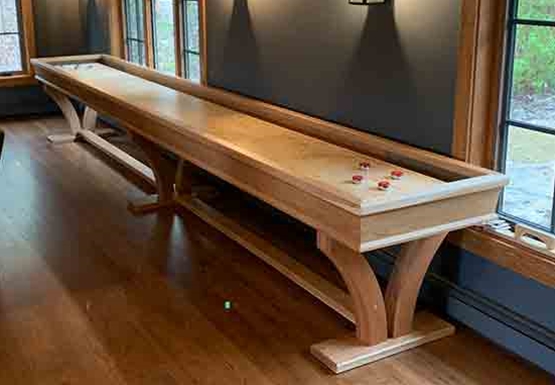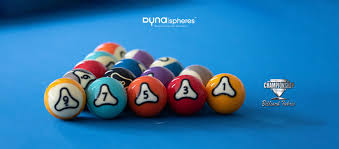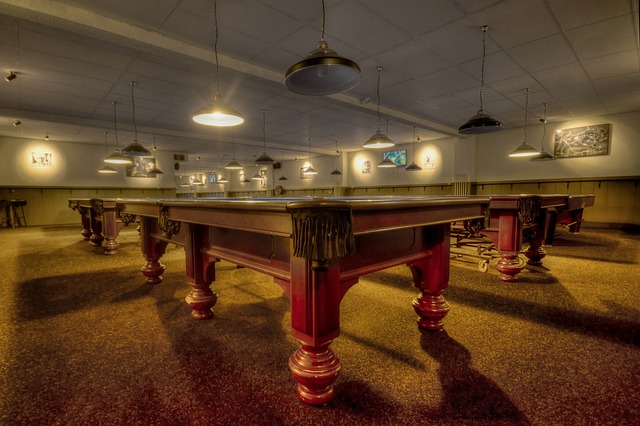
Consider the material before you choose a cue tips. It can be soft, medium or hard. It can also influence how the cue feels. Firm shots may feel better. It also affects the squirt and sideways tip flex. The shaft flex is reduced and the endmass becomes less soft.
Hard
Most professional and high-level players prefer a cue tip made of hard material. It requires less maintenance and keeps its shape longer than a soft one. It does not absorb as much energy as a soft tip.
Soft
A soft cue tip is a great option for players who want a cueball that is more flexible. These tips are usually made of leather and can be found in many different hardness levels. These tips can be made from a variety of materials, including single-piece or laminated leather. Other materials that are common include bakelite or phenolic.

Medium
Kamui Cue Tip Range is made from premium pigskin. This allows for maximum porosity & humidity resistance. They are also resistant to chalk, so they can improve tip-grip. These tips last for many years and come in packs of ten.
Phenolic
The phenolic tip on your pool cue can add up to 17% extra power to your break shot. This material offers a smoother contact surface that is also more responsive under pressure. These properties make the phenolic tip an attractive option for players looking to increase their power.
Leather
One of the most well-known types of tip is a leather cue. Leather tips are more durable than synthetic ones made of cork or plastic. Leather tips are preferable, but synthetic ones might be better for home usage.
Splice
If you're thinking about buying a new pool cue, there are a couple of different ways to splice the tip of it. Some people prefer to hand splice their tips. This is more difficult and more costly. A hand splice can be purchased if you wish to play with a top-quality cue.

Size
One rule of thumb is to make your cue tip the same diameter as the shaft. This will ensure that you hit the ball more evenly, and generate less vibration. A smaller tip also produces less squirt, which can help you feel the ball better.
Materials
It is important that you consider the angle and spin of your ball when choosing materials to make a cue tip. A slightly rounded tip is better for imparting spin to the cue ball. A rounded point is usually more round than the curvature a dime. A rounded tip is usually thicker that a nickel.